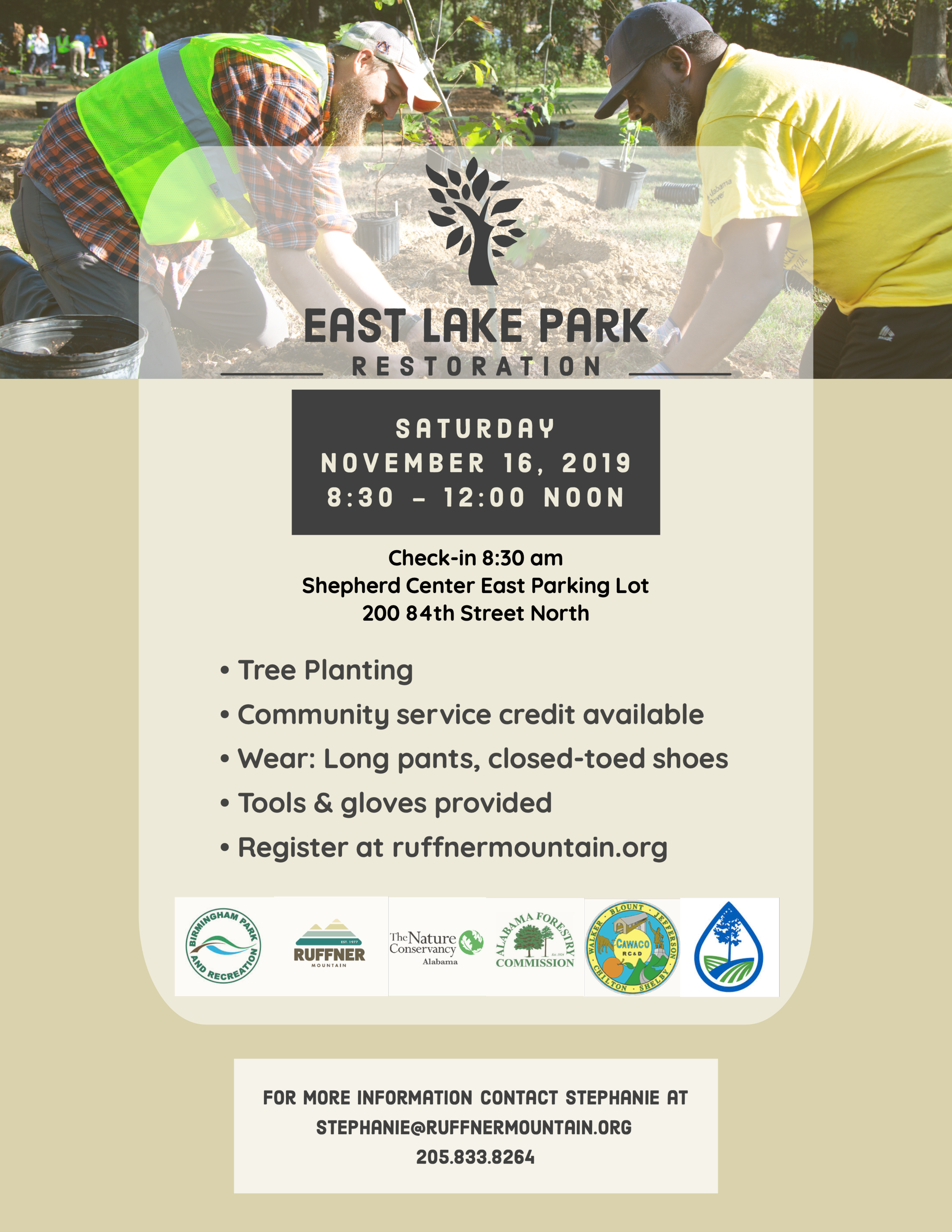Harvest Roots Presents:
Kombucha 101 January 25th, 12:00pm - 2:00pm &
Kraut 101 - February 22nd, 12:00pm - 2:00pm
What is Kombucha?
/kômˈbo͞oCHə/ noun
sweetened green or black tea fermented with a symbiotic colony of bacteria and yeast, otherwise known as a SCOBY.
During the fermentation process, the yeast in the SCOBY breaks down the sugar in the tea and releases probiotic bacteria.
There are a range of potential health benefits of kombucha, including: gut health, the reduction of cancer risk , and mental health.
Join Pete and Lindsay, the founders of Harvest Roots Ferments, as they lead a fermentation workshop at Ruffner Mountain. This class is perfect for beginners, as well as the more advanced. Kombucha has a lot of myths and walls to access. How do folks wade through what matters and what is just made-up, online information?
In Kombucha 101, students will receive the knowledge to break down walls and begin to explore more advanced techniques. Learn how to implement innovative ingredients, learn to source and use quality tea, learn to produce the flavor profile you desire by understanding microbiology. This includes a (45)min history and background, (30)min microbiology, (1)hr hands on demo with the ferment wizards at Harvest Roots!
*This workshop requires pre-registration and payment of $65.00.
Pre-registration and payment are required for these workshops through Harvest Roots.




















